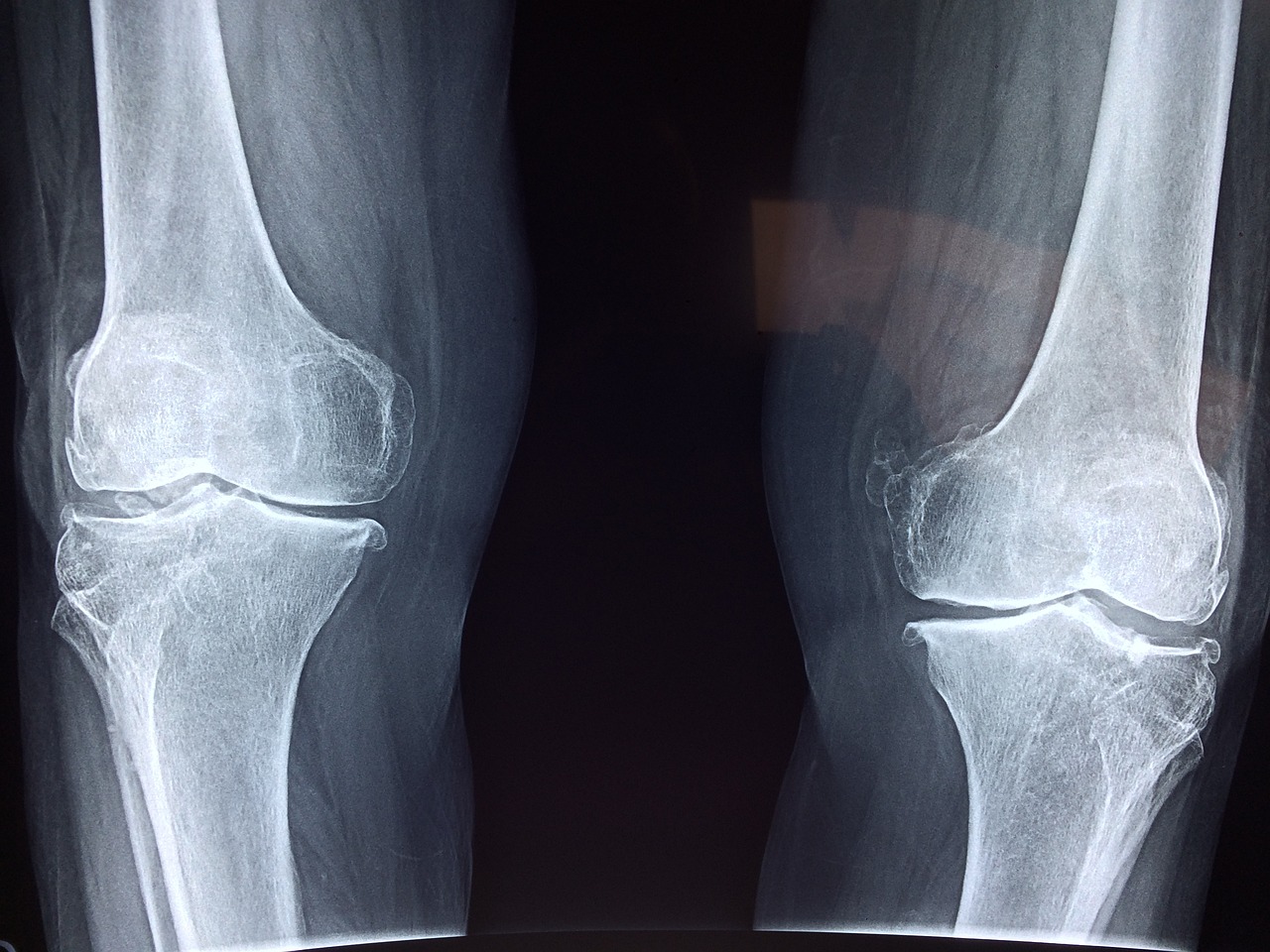Article Title:'Strange-and-exorbitant-demands': Rural labour in nineteenth-century Bologna
Abstract:
Although rural populations continue to suffer a lack of attention from many historians, an examination of the province of Bologna during the early nineteenth century reveals that this is a mistake. As a substantial literature now shows for the case of France, peasants were not simply ignorant in their political actions during nineteenth-century revolutions. This article suggests that rural populations could also be more sophisticated in terms of labour developments than urban-focused historians generally allow. Rice cultivation began dramatically to alter the Bolognese plains during the Revolutionary era, and the rural labouring population responded in two phases. The first, during the Restoration, was a battle against rice fields altogether: in 1816 and 1817 several communities attacked and destroyed rice fields in what might be considered an agricultural equivalent of machine-breaking. By the second phase, during the 1840s and 1850s, rice field workers were engaging in full-blown strikes, several years before the province's urban labourers made that transition. The evidence of the province of Bologna thus suggests that the urban path to working-class formation must be viewed within the context of rural labour as well.
Keywords: collective action; Italy; peasants; ricefields; working-class formation
DOI: 10.1177/026569140003000401
Source:EUROPEAN HISTORY QUARTERLY
Welcome to correct the error, please contact email: humanisticspider@gmail.com



